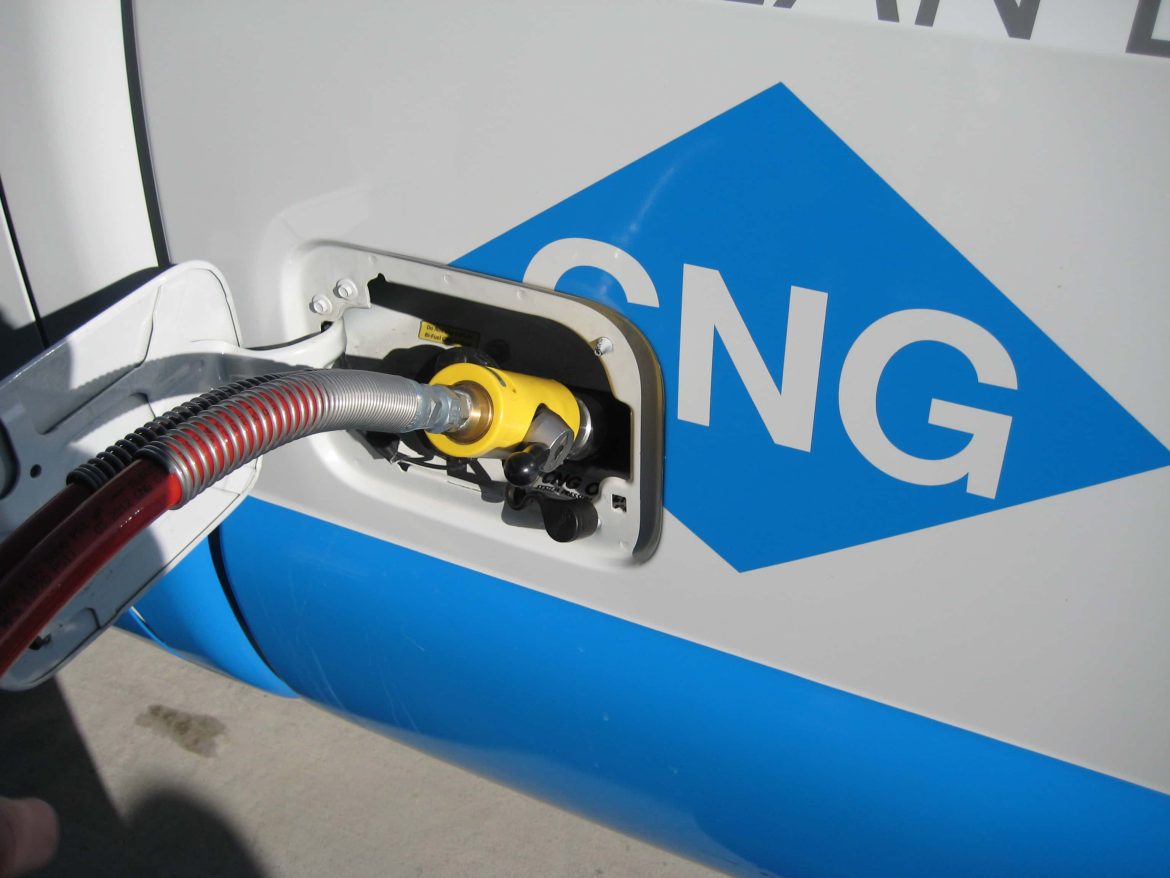KEY POINTS
- CNG prices nearly doubled without notice, hitting N450/SCM for commercial trucks and N380/SCM for private vehicles.
- Unlike global best practices, Nigeria provides little government support for vehicle conversion or infrastructure.
- Limited fuelling facilities and high conversion costs threaten widespread uptake of cleaner fuel alternatives.
NNPC Gas Marketing Limited’s sudden increase in Compressed Natural Gas, CNG, prices for trucks, commercial vehicles, and private cars has raised alarm among motorists and industry observers.
In recent weeks, the cost of CNG jumped from N230 per standard cubic meter (SCM) to N450/SCM for commercial trucks and N380/SCM for private vehicles—representing an average rise of nearly 96%.
The sharp escalation contradicts the original policy framework designed to encourage the uptake of CNG as an alternative to Premium Motor Spirit (PMS), especially following the removal of fuel subsidies. Analysts warn that the unexpected hike undermines efforts to promote cleaner, cost-effective energy alternatives for transportation.
Global Comparisons Highlight Policy Gaps
While the Nigerian government has argued that the CNG sector should be private-sector driven and has pointed to energy market fluctuations to justify the increases, international standards suggest otherwise. Over 100 countries actively subsidize CNG infrastructure and vehicle conversions to promote adoption.
For instance, Egypt funds mobile vehicle conversion centres, South Africa integrates CNG into public transport with state support, and Iran operates one of the world’s largest CNG networks. Argentina, Pakistan, and Mexico similarly maintain subsidies to expand CNG access.
Experts note that Nigeria’s CNG adoption is severely limited: only a few states—including Lagos, Ibadan, Port Harcourt, Abuja, Lokoja, and Oron—have functional conversion and fuelling facilities, which remain insufficient for widespread use. In many cases, vehicle conversions cost as much as N1.3 million and motorists face delays of days to refuel.
Industry observers say the federal government must play a visible role in expanding infrastructure and subsidizing conversion and distribution costs. Failure to do so risks making CNG an expensive alternative pegged to international gas prices, reducing adoption and keeping transportation costs high.
The sector’s development is particularly urgent amid rising inflationary pressures. Advocates argue that, like healthcare, education, and other essential services, CNG infrastructure and fuel pricing warrant government intervention to ensure affordability and sustainability.



